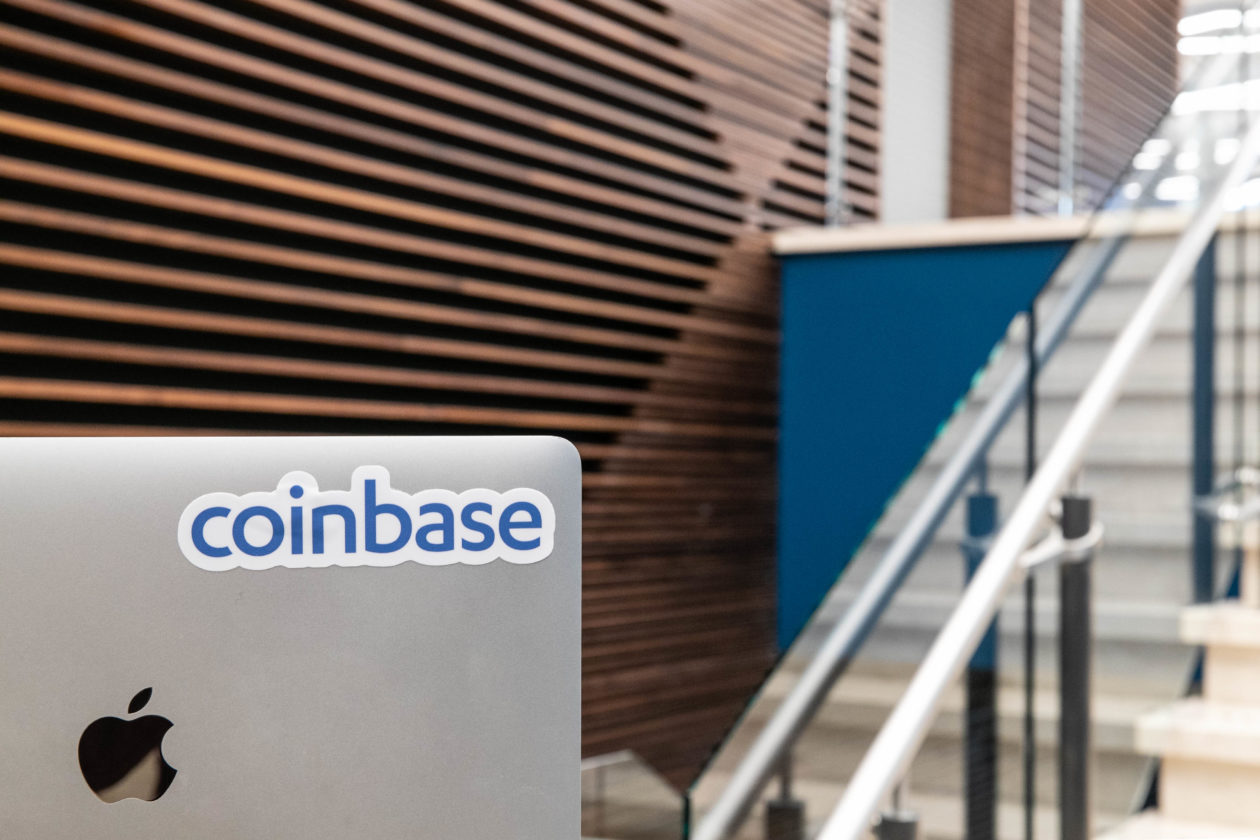The U.S. Securities and Exchange Commission will sue Coinbase, the biggest U.S. cryptocurrency exchange, if it launches its high-yield crypto savings account to be called Lend, Coinbase disclosed today in a blog post. The company has received a Wells notice — a formal letter announcing the regulator’s intention to sue.
The dispute is over Lend, a new Coinbase yield-generating product that aims to enable customers to earn a relatively high annual percentage yield (APY) on select tokens on Coinbase. The SEC believes that Lend, which is yet to be launched, classifies as a security or investment contract, but Coinbase disagrees.
‘Security’ may include stocks, bonds, and other tradable financial assets. But for the digital asset realm, the SEC classifies a crypto asset as security based on three conditions — there should be an investment of money, a condition easily met when a token is offered or sold; two or more parties should work towards a common goal, i.e. have a common enterprise; and last, buyers should have reasonable expectations of earning profit from the efforts of others.
In the blog post, Coinbase chief legal officer Paul Grewal argues that Lend does not qualify as security because customers are not required to invest in the program but rather, lend the tokens they hold on the exchange. Coinbase is obligated to pay the interest regardless of the company’s broader business activities and return customers’ tokens on request — unlike how securities work.
Coinbase publicly announced plans for Lend in June 2021 and created a waitlist for interested customers, but did not set a launch date. Lend aims to kick off by providing a 4% APY on the Coinbase stablecoin USD Coin — an attractive rate considering consumer banks offer a less than 1% yield.
According to the post, Coinbase has been engaged in discussions with the SEC over Lend for nearly six months, even before the public announcement of Lend, but to no avail. Despite not being required to confer with the SEC to launch a yield product by law, Coinbase chose to do so to give the SEC a “friendly heads up and briefing,” Coinbase CEO and co-founder Brian Armstrong wrote in a Twitter thread.
Coinbase is not the only crypto business in the U.S. to launch a yield product. For instance, crypto startup Blockfi and Gemini — a crypto exchange founded by the Winklevoss twins and regulated by the New York State Department of Financial Services — are both running yield programs without any regulatory intervention.
Coinbase responded to the SEC’s initial questions in writing and in person, the post said, adding the regulator informed the company that it considered Lend to involve a security without offering an explanation. After Coinbase publicly announced Lend, the SEC launched a formal investigation and subpoenaed documents, written responses and a corporate witness for sworn testimony. Coinbase complied with the subpoenas but declined to hand over the names and contact information of customers who signed up for the Lend waitlist, the post said.
“They have only told us that they are assessing our Lend product through the prism of decades-old Supreme Court cases called Howey (1946) and Reves (1990). The SEC won’t share the assessment itself, only the fact that they have done it,” Grewal wrote in the post. He added that clear guidance on how the SEC intends to apply Howey and Reves test to yield products like Lend could be “a big help to regulating our industry in a responsible way.”
In a tweet, David Schwartz, CTO of crypto exchange Ripple, whose litigation battle with the SEC raised a public outcry, said the SEC’s conclusion of Lend as security is obvious. “It’s a straightforward application of Howey. Lend is exactly like an orange grove. How can you not see it?,” he wrote.
In the post Grewal notes that the SEC’s Wells notice indicates the regulator wants to skip “basic regulatory steps” of explaining how the tests apply to Lend and dive straight into litigation. The SEC has asked Coinbase to submit a written defense statement, but Grewal believes it would be futile as the company does not understand the reasoning behind the SEC’s concerns.
In his tweets, Armstrong said Coinbase is committed to following the letter of the law, but that law can sometimes be unclear. “So if the SEC wants to publish guidance, we are also happy to follow that (it’s nice if you actually enforce it evenly across the industry equally btw),” he wrote, adding that by refusing to offer written explanations and issuing a Wells notice, the SEC is “engaging in intimidation tactics behind closed doors. Whatever their theory is here, it feels like a reach/land grab vs other regulators.”
Moreover, Armstrong argued that the SEC is ostensibly harming investors instead of protecting them. “Shutting these [yield products like Lend] down would arguably be harming consumers more than protecting them, and by preventing Coinbase from launching the same thing that other companies already have live, they’re creating an unfair market.”
Armstrong also said the SEC was the only regulator that had refused to meet with him right after Coinbase went public in the U.S. stating it was not meeting with crypto companies.
The regulator’s dealing with Coinbase goes against what the SEC Chair Gary Gensler has publicly said over time. At his nomination hearing in March, Gensler had said: “It’s important for the SEC to provide guidance and clarity. Sometimes that’s a clarity that will be a thumbs up, but even if it’s thumbs down, it’s important to provide that.”
Earlier this month, in an interview with the Financial Times, Gensler said: “There are a lot of platforms that are in operation today that would do better engaging [with us], and instead there is a bit of … begging for forgiveness rather than asking for permission.” Coinbase says it did exactly that — it conferred with the SEC before launching Lend.
Gensler’s strong views about the crypto industry regulations are no secret. Last month, he equated the crypto industry to the “Wild West” and asked for more power from the Congress to reign in the industry.
Armstrong said in his Twitter thread that although litigation might provide clarity, it should be the last resort. “If we end up in court we may finally get the regulatory clarity the SEC refuses to provide. But regulation by litigation should be the last resort for the SEC, not the first,” he wrote
It appears Coinbase has two options: keep Lend off the market or launch it and get sued. For now, the company has decided to put off the launch until at least next month.





